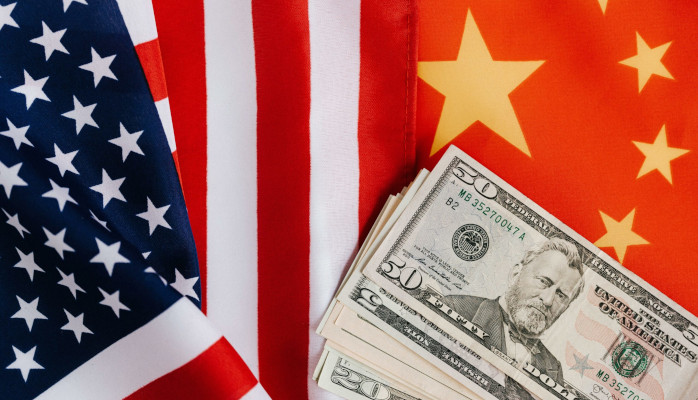
In Italian below
The main point is to understand whether the contradiction is within the people or between the people and their enemies. The former can be solved through discussion and debate; the latter can lead to conflict and war.
Also sprach Mao Zedong, the founder and prophet of the People’s Republic of China (PRC), in his famous essay “On Contradiction.” The book has been a cornerstone for Chinese Marxism and the Communist Party’s way of thinking for decades.
Chinese President Xi Jinping has apparently decided that the issue with the USA lies between the people and their enemy, as evidenced by the solitude of Secretary of State Antony Blinken departing from Beijing last week. Only the American ambassador in Beijing was with him, and no Chinese official accompanied him to the airport.
“The US wants cooperation with and containment of China simultaneously. How do you expect China to react?” argued Chinese journalist Shen Shiwei on Twitter. The lack of a red carpet for Blinken’s arrival and his lonely departure was meant to convey Beijing’s displeasure with the US administration to both the Chinese and American people.
The USA believes that even with enemies, it is possible to collaborate on some matters and oppose each other on different fronts, as was the case with the USSR during the Cold War. China may think differently.
In any case, whether there is a red carpet or not, the USA has decided it is not concerned with this chinoiserie. Blinken was unfazed. His main objective was to deliver a message as clearly as possible: Beijing should cease its support for Russia’s war in Ukraine, or there will be consequences.
After Blinken’s departure, China welcomed tech billionaire Elon Musk, who canceled a trip to Delhi to meet with Premier Li Qiang. Beijing seems to trust that America’s wealthy can influence US politics. It appears that Beijing considers them to be the true power centers in America, capable of making the administration heed Beijing’s arguments.
Indeed, they are important, but US politics is very complex, and the billionaires are just one component of a fuzzy machine. If they act, or are influenced to act, without sufficient coordination with other elements, their actions can backfire.
Before World War II, Henry Ford, who was pro-fascist and the richest and most potent American industrialist at the time, supported Nazi Germany along with many other US “barons.” They were wiped out and silenced by the war.
Wise Chinese pundits advising Xi on America are right to look for paths other than direct government-to-government channels to influence and communicate with US politics. However, political maneuvering anywhere is not a science; it’s an art and can backfire. The wave of anti-establishment protests in the 1960s, triggered also by the opposition to be drafted to fight in the Vietnam War, didn’t undermine the US establishment; it bolstered it.
The current wave of pro-Hamas demonstrations could do the same, especially since there’s no Vietnam War tearing society apart. Beijing might want to consider that taking an anti-government and anti-establishment stance in America can backfire too.
Similarly, it could be unwise for the USA to bet against Xi. He is the keystone holding the country together. Though not everyone may be pleased with him, their power and welfare depend on his leadership. If he were removed, the entire national edifice could collapse. Therefore, despite some grumbling, it’s unlikely that anyone would take action unless there is a severe political setback, either international or internal. And even then, it’s uncertain what could happen.
Meanwhile, the dangerous division in American foreign politics prompts everyone to postpone decisions and wait for presidential electoral outcomes. Everyone fears that the arrival of a new president could change or overthrow the current policy.
However, the situation is not frozen; it is deteriorating across all major areas. Problems are piling up and it will be difficult for any president, whether Joe Biden or Donald Trump, to manage them. It is crucial for Republicans and Democrats to agree on a foreign policy line today to ensure continuity in American policy, prevent further deterioration, and thus facilitate the work of the incoming president in late November.
Sulla contraddizione tra Stati Uniti e Cina
Il punto principale è capire se la contraddizione è all’interno del popolo o tra il popolo e i suoi nemici. La prima può essere risolta attraverso la discussione e il dibattito; la seconda può portare al conflitto e alla guerra.
Così scriveva Mao Zedong, fondatore e profeta della Repubblica Popolare Cinese (RPC), nel suo famoso saggio “Sulla contraddizione”. Il libro è stato per decenni una pietra miliare del marxismo cinese e del modo di pensare del Partito Comunista.
Il Presidente cinese Xi Jinping ha apparentemente deciso che la questione con gli USA è tra il popolo e il suo nemico, come dimostra la solitudine del Segretario di Stato Antony Blinken in partenza da Pechino la scorsa settimana. Con lui c’era solo l’ambasciatore americano a Pechino e nessun funzionario cinese lo ha accompagnato all’aeroporto.
“Gli Stati Uniti vogliono cooperare con la Cina e allo stesso tempo contenerla. Come vi aspettate che la Cina reagisca?”, ha argomentato il giornalista cinese Shen Shiwei su Twitter. L’assenza di un tappeto rosso per l’arrivo di Blinken e la sua partenza solitaria ha voluto trasmettere il disappunto di Pechino nei confronti dell’amministrazione statunitense sia al popolo cinese che a quello americano.
Gli Stati Uniti ritengono che anche con i nemici sia possibile collaborare su alcune questioni e contrapporsi su fronti diversi, come avveniva con l’URSS durante la Guerra Fredda. La Cina potrebbe pensarla diversamente.
In ogni caso, con o senza tappeto rosso, gli Stati Uniti hanno deciso di non interessarsi a queste cineserie. Blinken non si è scomposto. Il suo obiettivo principale era quello di trasmettere un messaggio il più chiaro possibile: Pechino deve cessare di sostenere la guerra della Russia in Ucraina, o ci saranno conseguenze.
Dopo la partenza di Blinken, la Cina ha accolto il miliardario tecnologico Elon Musk, che ha annullato un viaggio a Delhi per incontrare il premier Li Qiang. Pechino sembra credere che i ricchi americani possano influenzare la politica statunitense. Sembra che Pechino li consideri i veri centri di potere in America, in grado di far sì che l’amministrazione ascolti le argomentazioni di Pechino.
In effetti, sono importanti, ma la politica statunitense è molto complessa e i miliardari sono solo una componente di una macchina confusa. Se agiscono, o sono influenzati ad agire, senza un sufficiente coordinamento con altri elementi, le loro azioni possono ritorcersi contro.
Prima della Seconda Guerra Mondiale, Henry Ford, che era filofascista e il più ricco e potente industriale americano dell’epoca, sostenne la Germania nazista insieme a molti altri “baroni” statunitensi. Furono spazzati via e messi a tacere dalla guerra.
I saggi opinionisti cinesi che consigliano Xi sull’America hanno ragione a cercare strade diverse dai canali diretti da governo a governo per influenzare e comunicare con la politica statunitense. Tuttavia, le manovre politiche non sono una scienza, ma un’arte e possono ritorcersi contro. L’ondata di proteste anti-establishment degli anni ’60, innescata anche dall’opposizione alla leva per la guerra del Vietnam, non ha minato l’establishment statunitense, ma lo ha rafforzato.
L’attuale ondata di manifestazioni a favore di Hamas potrebbe fare lo stesso, soprattutto perché non c’è la guerra del Vietnam a lacerare la società. Pechino potrebbe considerare che assumere una posizione anti-governativa e anti-establishment in America può anche avere conseguenze inaspettate.
Allo stesso modo, potrebbe essere poco saggio per gli Stati Uniti scommettere contro Xi. Egli è la chiave di volta che tiene insieme il Paese. Anche se non tutti sono contenti di lui, il loro potere e benessere dipendono dalla sua leadership. Se venisse rimosso, l’intero edificio nazionale potrebbe crollare. Quindi, nonostante qualche mugugno, è improbabile che qualcuno agisca a meno che non si verifichi una grave battuta d’arresto politica, internazionale o interna. E anche in questo caso, non si sa cosa potrebbe accadere.
Nel frattempo, la pericolosa divisione nella politica estera americana spinge tutti a rimandare le decisioni e ad aspettare i risultati delle elezioni presidenziali. Tutti temono che l’arrivo di un nuovo presidente possa cambiare o rovesciare la politica attuale.
Eppure, la situazione non è congelata, ma si sta deteriorando in tutti i principali settori. I problemi si stanno accumulando e sarà difficile per qualsiasi presidente, Joe Biden o Donald Trump, gestirli. È fondamentale che repubblicani e democratici si accordino oggi su una linea di politica estera per garantire la continuità della politica americana, evitare un ulteriore deterioramento e facilitare così il lavoro del presidente entrante a fine novembre.
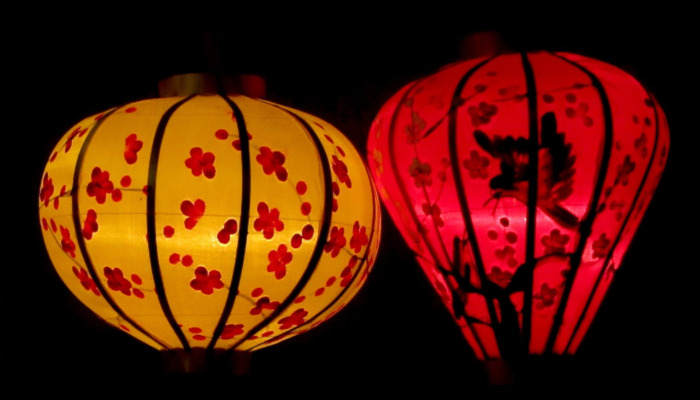






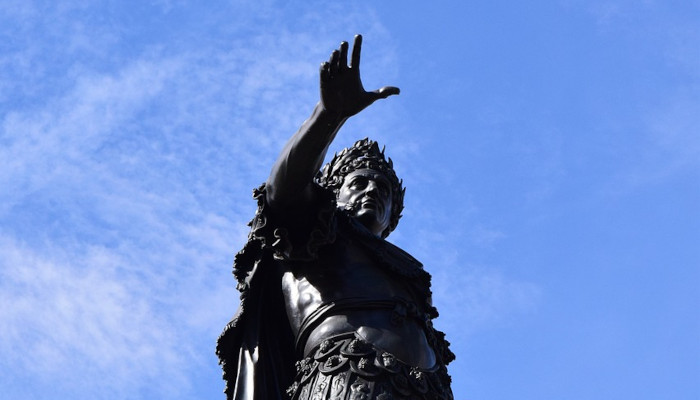
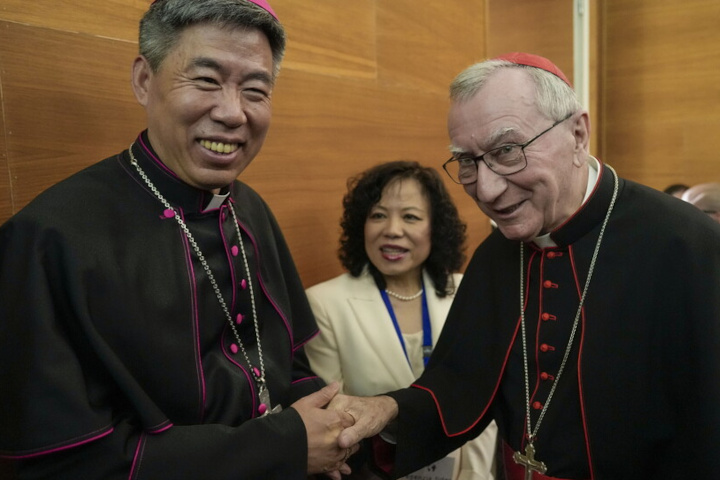

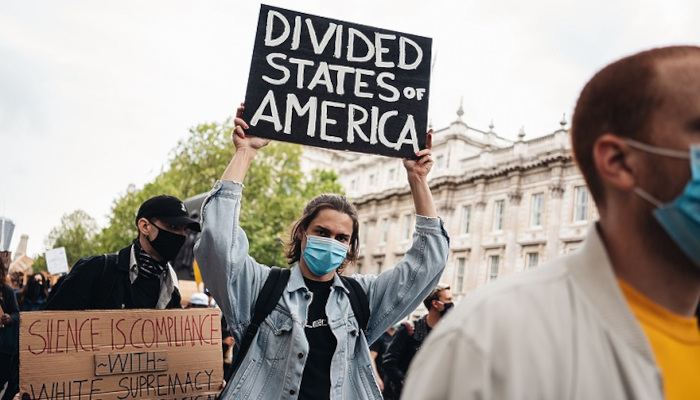

On contradiction between the US and China - Asia Times - The New York Folk
Will there be a significant difference between the foreign policy of Trump – if he takes over in January next year – when there was no significant difference between the Biden foreign policy and the previous Trump foreign policy in January 2021?
The US purpose is now to reestablish an industrial policy by sanctions against China and by robbing Europe of many of its industries while it lacks the needed trained personnel to man those “new” industries. Will it try to import European labor too? It wont have much use for the people streaming in over the Mexican border for this purpose.
L'arma a doppio taglio dell'esercito cinese - SettimanaNews